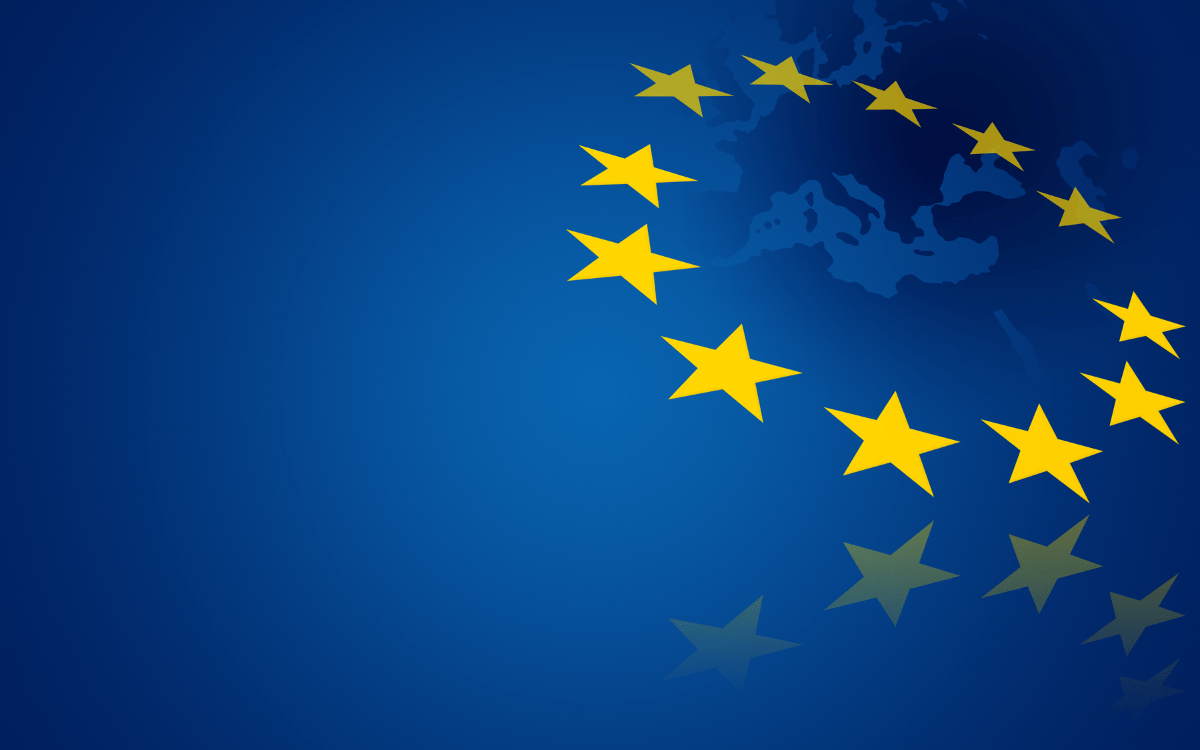European Parliament lawmakers approve the AI Act
Nearly three years after draft rules were proposed, the European Parliament lawmakers approved the AI Act today. This approval, which came a month earlier than expected, is the final endorsement of the first comprehensive regulation around high-risk AI systems, transparency for AI that interacts with humans, and AI systems in regulated products.
The act required the final endorsement of the EU Parliament and will most likely enter into force this May. Italian lawmaker Brando Benifei, an AI Act co-lead, described it as “a historic day” in a press conference.
US companies need to prepare for EU AI Act regulation
The news is crucial for US companies, experts say. They must ensure compliance with the EU AI Act while continuing with AI adoption plans. Steve Chase, vice chair of AI and digital innovation at consultancy KPMG US, emphasized the far-reaching implications of the EU AI Act on both the European and global AI landscape and on US businesses. US companies must have the appropriate guardrails to comply with the EU AI Act and forthcoming regulations without impeding the value generated by generative AI.
Forrester Principal Analyst Enza Iannopollo highlighted that the EU now sets the standard for trustworthy AI, AI risk mitigation, and responsible AI with this regulation. She pointed out that the fast-moving pace of the industry was recognized by the EU moving the vote forward by a month.
The impact of the EU AI Act on global organizations
The extraterritorial effect, hefty fines, and pervasive requirements across the AI value chain mean that most global organizations using AI must comply with the Act. Some requirements are set to be enforced later this year.
Enza Iannopollo emphasized the need for organizations to form an ‘AI compliance team’ to start meeting the Act’s requirements effectively. Collaboration among teams, from IT and data science to legal and risk management, is essential, along with support from the C-suite.
While foundation model companies like OpenAI, Google, and Anthropic have not commented on the European Parliament’s approval of the EU AI Act, other tech leaders have expressed support.
In a statement, Christina Montgomery, vice president and chief privacy and trust officer at IBM, praised the risk-based approach of the EU. She mentioned IBM’s commitment to ethical AI practices and readiness to assist clients in complying with the EU AI Act.
Eric Loeb, executive vice president of global government affairs at Salesforce, commended the EU for creating risk-based frameworks such as the EU AI Act. He believes that regulators can make a positive impact through commitments to ethical and trustworthy AI.
Image/Photo credit: source url





